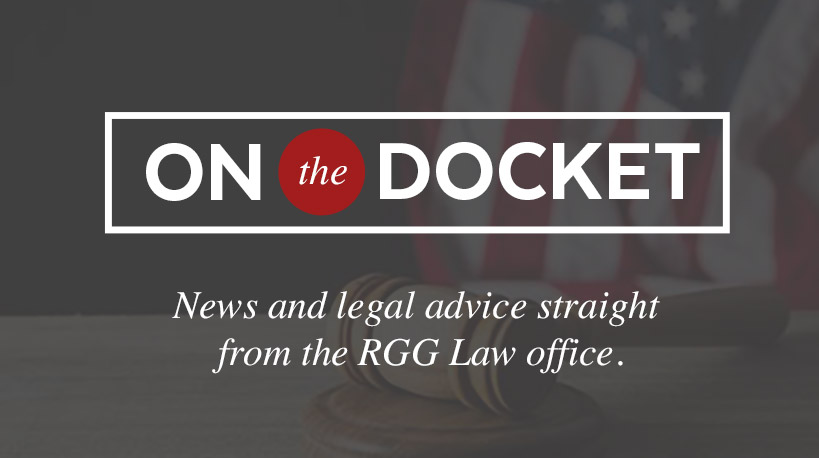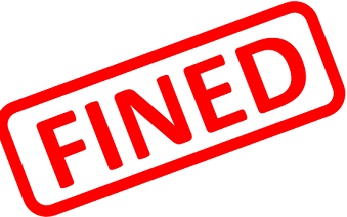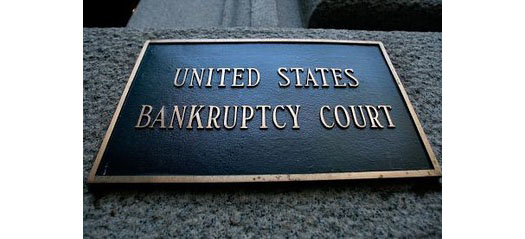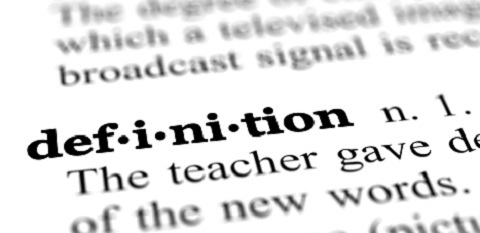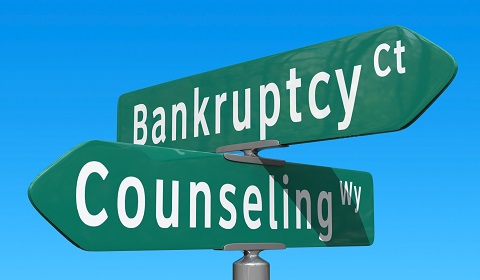Ordinarily, tax debts are not discharged or cancelled after filing bankruptcy. There is a possible exception in regards to certain federal tax debts. Generally speaking, it is important to have all the facts about the specific debt before determining if Federal Income Tax is dischargeable. It’s also important to determine time periods which make tax debt dischargeable by filing bankruptcy. … Read More
Payday Loan Regulations Could Result in Less People Filing Bankruptcy
According to reports from Reuters published in Consumer Bankruptcy News on March 26, 2015, the United States Consumer Financial Protection Bureau (CFPB) has outlined new plans to crack down on the payday lending industry with a goal of ensuring that borrowers have a reasonable chance to repay their loans. The framework is considered a key step toward new rules for … Read More
Number of People Filing Bankruptcy in Fall of 2015
The number of people filing bankruptcy fell 15% in the first quarter of 2015 compared to the same time period of 2014, according to the American Bankruptcy Institute. The amount of people filing bankruptcy totaled 205,705 in the first quarter compared to 231,829 filings in the first quarter of 2014. Of this number, 198,313 consumers filed personal bankruptcy which represents … Read More
Tips for Filing Bankruptcy: Beware of Credit Repair Scams
Those with challenging financial problems are often targeted by scam artists and fraudsters posing as legitimate credit repair companies or credit counseling organizations. Sometimes it’s important when deciding on filing bankruptcy to check your credit score. While there are legitimate groups out there who do actually help troubled debtors, you must be wary. Indeed, in a recent case the con … Read More
After Filing Bankruptcy: Creditors Who Violate Bankruptcy Stay
When a person finishes filing bankruptcy, the Court ordinarily mails notices to all creditors ordering them to cease all debt collection activity. This Order, known as the Automatic Stay, applies to collection letters, telephone calls, scheduled foreclosures, repossessions, action on pending lawsuits, execution of judgments (including garnishments) and a wide variety of other creditor conduct. While it is possible for … Read More
Filing Bankruptcy Without Full Disclosure
One of the bedrock requirements of bankruptcy law is that any debtor filing for relief must make a complete and accurate disclosure of their financial affairs at the time of filing bankruptcy. This applies both to information provided on the required schedules and documents filed in a bankruptcy case and to answers to questions asked by the trustee assigned to … Read More
Bankruptcy Law Buzzwords Defined
As with any area of law, bankruptcy law has its own buzzwords used by judges and lawyers that may not make sense to clients. While some bankruptcy law buzzwords may be easy to figure out, it does not hurt to have a cheat sheet. Bankruptcy Law Cheat Sheet 341 Meeting: Also known as a Trustee Meeting or Meeting of Creditors, … Read More
Credit Counseling Needed Before Filing Bankruptcy
In 2005, the United States Congress made significant amendments to the U.S. Bankruptcy Code with a new law called the Bankruptcy Abuse Prevention and Consumer Protection Act (BAPCPA). One of the many changes to the law was the addition of a credit counseling requirement for all persons filing bankruptcy, specifically Chapter 7 bankruptcy or Chapter 13 bankruptcy. The credit counseling … Read More
Filing Bankruptcy to Discharge Student Loans
Senator Tom Harkin (D-Iowa), Chairman of the Senate panel on education, will propose a bill to the U.S. Senate to allow some student loans to be dischargeable when filing bankruptcy. Currently, filing bankruptcy does not generally discharge student loan debt. Senator Harkin’s bill, as proposed, would allow private lender student loans to be discharged after filing bankruptcy. According to a … Read More
Consumers Owe Nearly $12 Trillion in 2014
Consumers owed $11.83 trillion as of the end of 2014, according to the Household Debt and Credit Report produced by the Federal Reserve Bank of New York. Total debt increased by $306 billion during 2014, according to the report which is based on data from the New York Fed’s Consumer Credit Panel. This could potentially lead to more people filing … Read More

